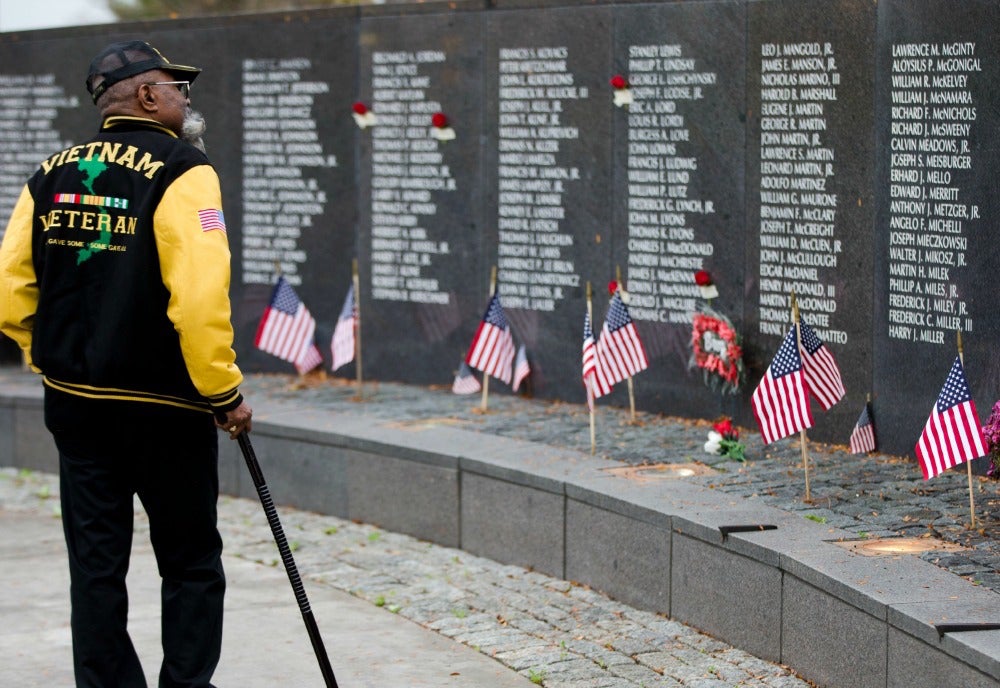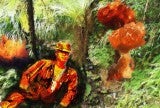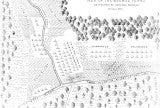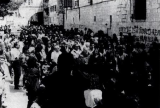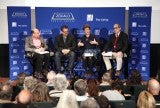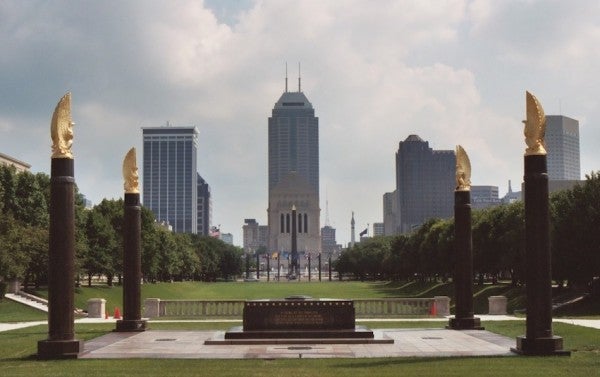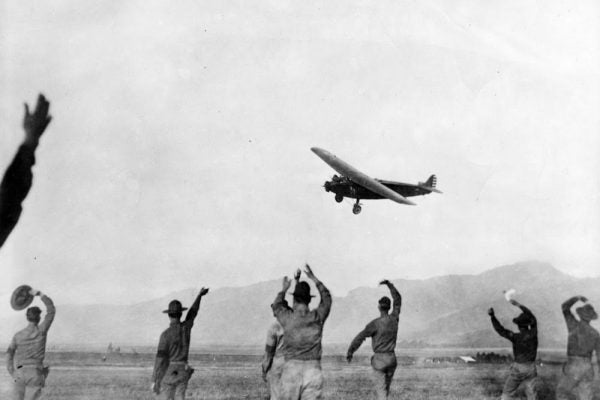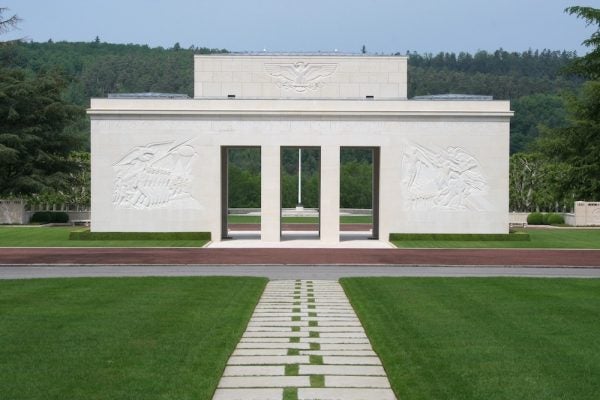Why We Need to Name the Dead
Descendants and Surviving Family Insist That Ordinary People Had Lives Worth Noting
Almost 3,000 migrants have drowned this year trying to cross the Mediterranean Sea from Africa to Europe. Many of their bodies have washed ashore without names. These are bodies of people whose loved ones will never know their fates; they are bodies bereft of the most fundamental attribute of cultural belonging.
A very few have been identified. Italian doctors managed to match a photograph of a young, smiling Eritrean woman dressed in colorful clothes with the teeth of an anonymous corpse, its face frozen in the grin of rigor mortis. …




